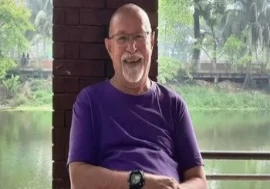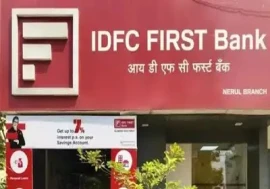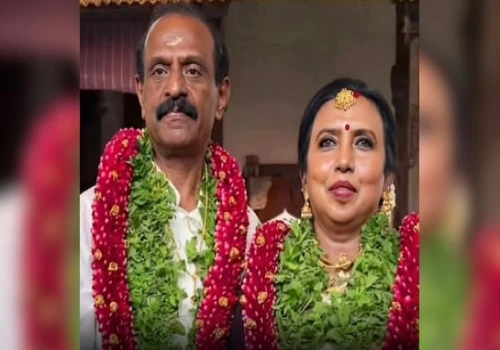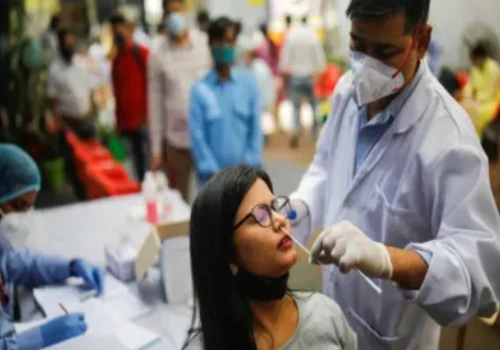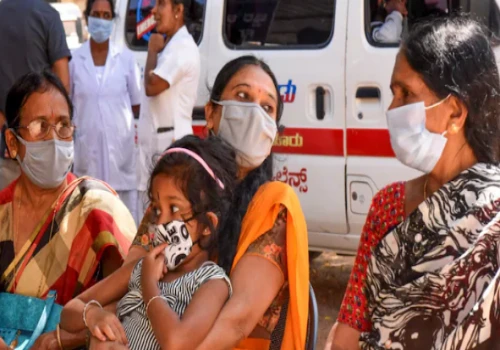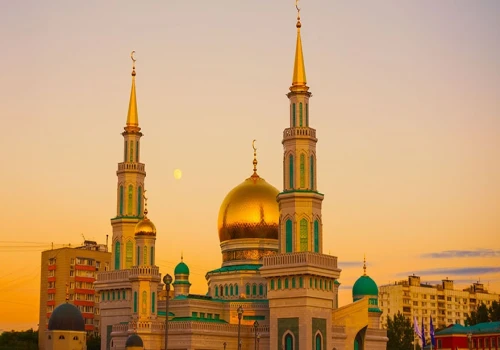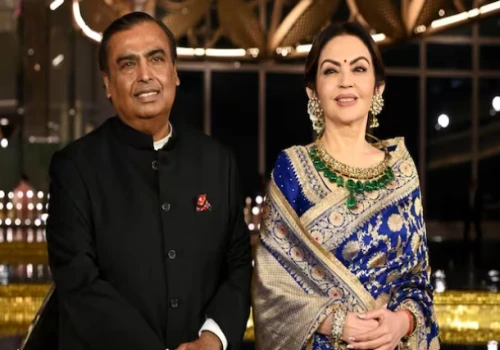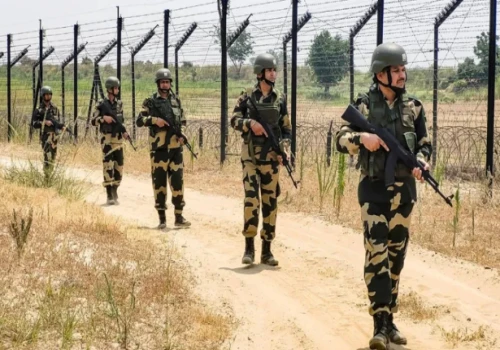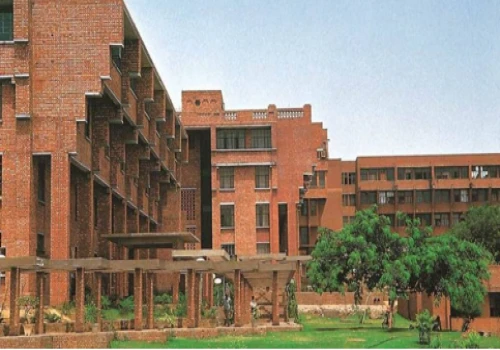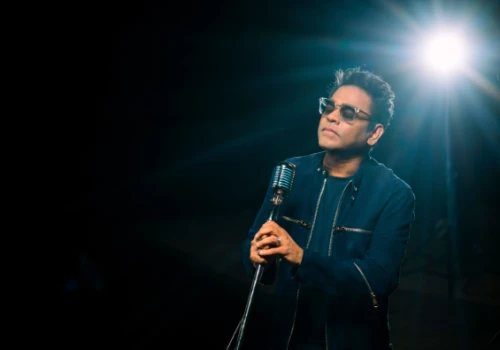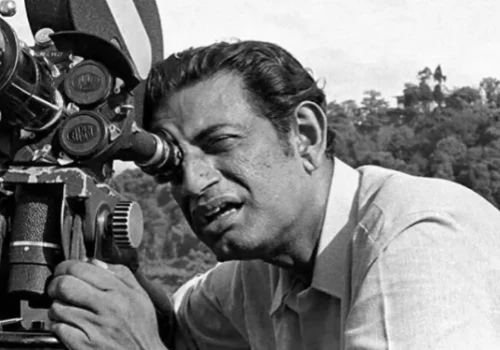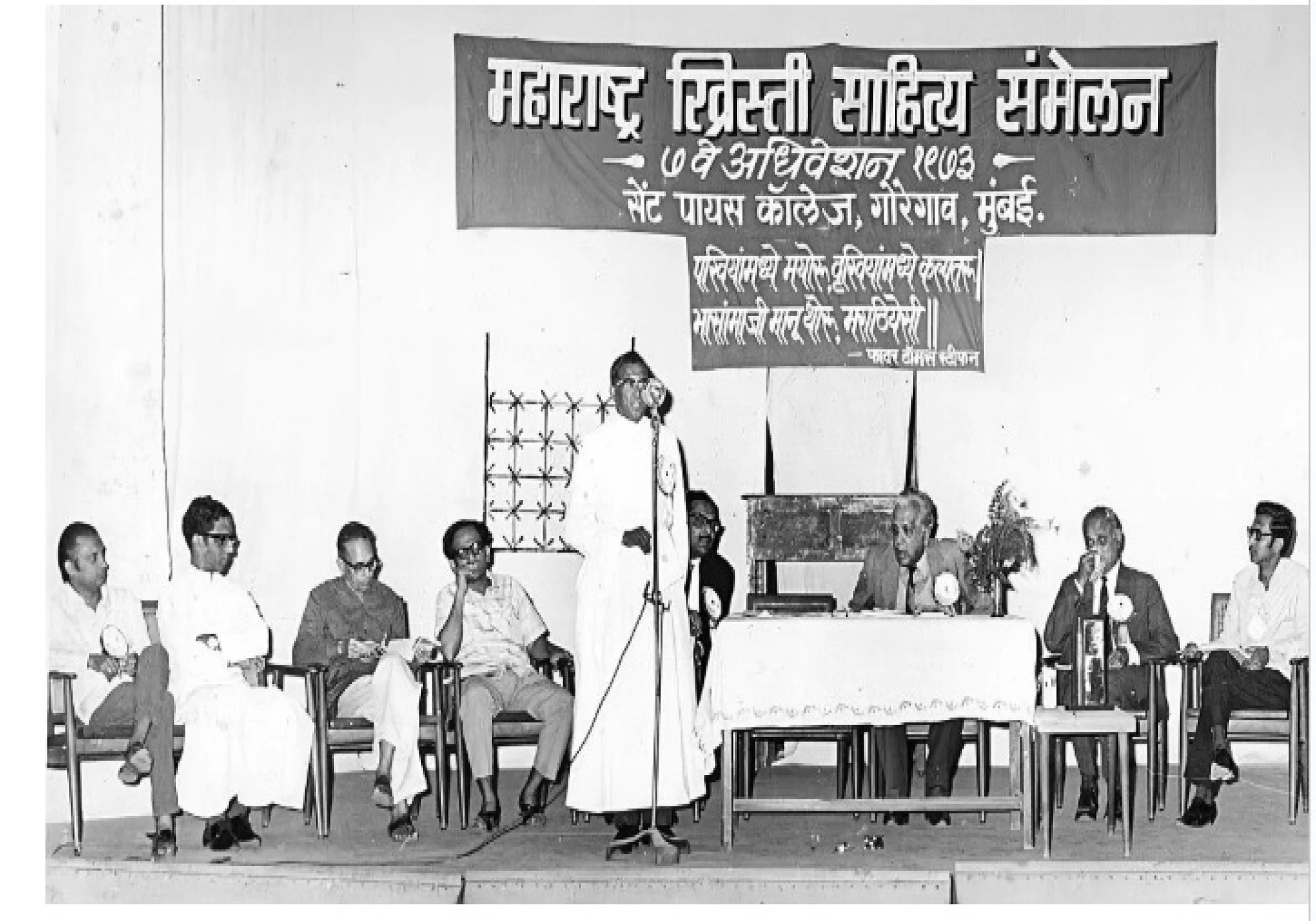
May 1 in Aurangabad/Vasai – The Catholic Church in India lost one of its most active leaders on this day in 1987. Bishop Dominic Abreo was the first Bishop of the Diocese of Aurangabad. Bishop Abreo's legacy still inspires people almost 40 years after his death. He was known for his tireless work, social reforms, and pioneering vision.
Life and Schooling as a Child
Dominic Abreo was born on July 3, 1923, in Manickpur, Vasai, to Joseph and Natal Dabre. He had a hard time early in life because he lost his mother before his first birthday. He was raised by his older sister and maternal aunt. He went on to become a smart student, earning his M.A. in Marathi (1964) and B.Ed. (1969) from St. Xavier's College in Mumbai. His love for Marathi later influenced his writing, speeches, and editorial work.
Becoming a Priest and Rising to Bishop
Fr. Abreo was ordained on December 5, 1954, and served faithfully for 32 years. He was a priest at Holy Cross Church in Nirmal for the longest time. His dynamic sermons, social work, and reforms had a lasting effect. He was made the first Bishop of the new Diocese of Aurangabad in 1977. This made him the diocese's first shepherd and the first bishop from Vasai.
He built the diocese's foundations during his nine years as Bishop, giving the rural poor of Marathwada more power through agricultural aid, vocational training, and changes to the education system. He came up with new ways to help families in need, like boarding schools for rural children, programs to raise chickens and goats, and sewing machines for women.
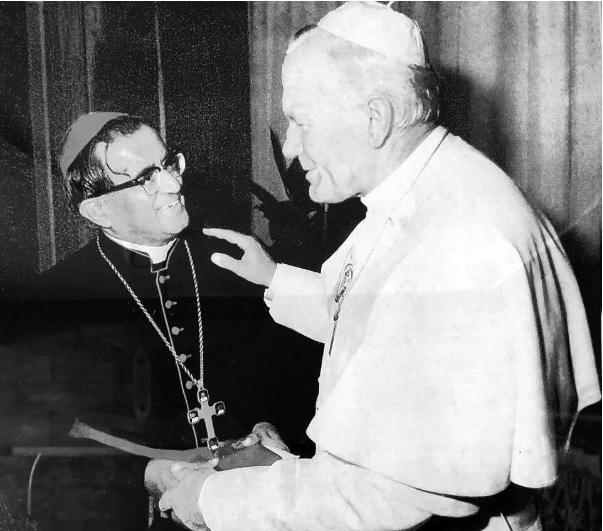
First Editor of Suvarta
He served as the founding editor of the esteemed monthly publication, 'Suvarta'. Fr. Abreo edited this magazine for 22 years, from August 15, 1955, until July 1977.He authored editorials on diverse social, economic, and political matters in Vasai. Among them were: 'Responsible Parenting', 'Abandon the Gold Rush', 'The Issue of Population Growth', 'The Plight of Foreign Correspondents in Saigon (South Vietnam)', 'The Awakening of Goa', 'The Challenge of Alcohol Prohibition', 'Family Prayers', 'Food Insecurity', 'The Glory of Mother India', 'Abortion or Murder?', 'The Humanity of Christ', 'Marathi Christian Literature', 'Poverty and Development', 'Private Primary Schools'.
He motivated numerous aspiring writers to contribute to Suvarta. Numerous state award-winning Marathi authors from Vasai attribute their success to 'Suvarta' magazine and the mentorship of Fr. Abreo. Initially, the magazine lacked a proper office, necessitating his labor from a small room at Holy Cross Church in Nirmal for almost 13 years.
Reformer and social worker
Fr. Abreo thought that faith should lead to action. During the drought from 1972 to 1975, he started a "Food for Work" program that gave grain to people in need in exchange for community service, regardless of their religion. He brought a branch of Prabodhan Seva Mandal to Nirmal, where they gave farmers low-interest loans. He also personally took sick people to hospitals in Mumbai for treatment.
He also went against social norms, speaking out against things like Khora (head covering for women) and expensive weddings, and instead promoting simplicity. He started the Marathi Catholic magazine Suvarta in 1955 and was its editor. He wrote passionately against alcohol abuse, dowry, and other social ills.
Contributions to culture and education
Father Abreo was a visionary teacher when he was the Principal of Holy Cross High School from 1964 to 1977 and later Thomas Baptista College in Vasai. He made classrooms more modern, got furniture from schools in Mumbai, built science labs and libraries, and pushed poor students to go to college.
He brought intellectual and cultural life to Vasai by inviting writers, thinkers, and politicians like George Fernandes and Hamid Dalwai to speak in public. He helped start the Marathi Vigyan Parishad in Vasai, which encouraged scientific thinking. In 1977, he took teachers to the Nehru Planetarium, which was a rare experience at the time.
Working together across faiths and in politics
Bishop Abreo thought that people should talk to each other outside of church. He made close friends with leaders of other religions and often set up prayer meetings for people of different faiths. He helped settle disagreements between groups, making sure that peace reigned in Aurangabad and Vasai.
He was politically aware and pushed his students to learn about democracy. He even set up mock elections and public debates between candidates who were running against each other. After Nehru died in 1964, he put together a photo show about Nehru and John F. Kennedy that drew people from all over Vasai.
His Last Days and What He Left Behind
Bishop Abreo died on May 1, 1987, at the age of 64, after a long fight with diabetes and cancer. Many people were sad when he died. All India Radio called him "an orator lost to the nation," and Aurangabad Radio called him "a wordsmith of Marathi."
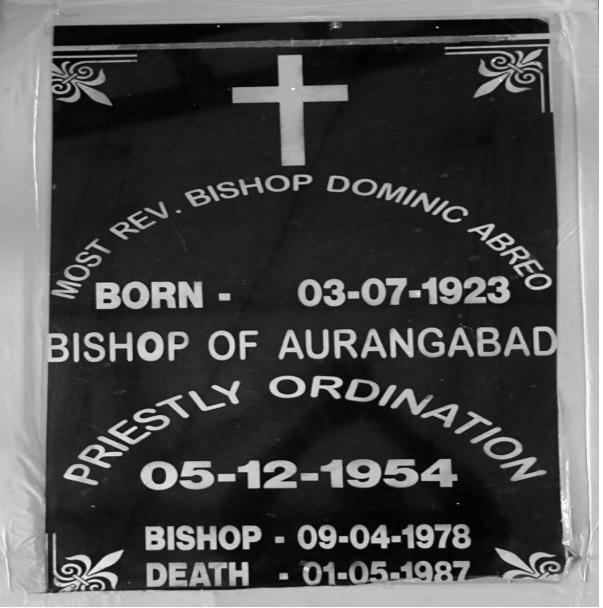
Today, his memory lives on through institutions and trusts that carry his name. For example, the Bishop Dominic Abreo Memorial Medical Trust helps people with cancer and dialysis. The grand hall at Holy Cross High School, Nirmal now proudly bears his name.

